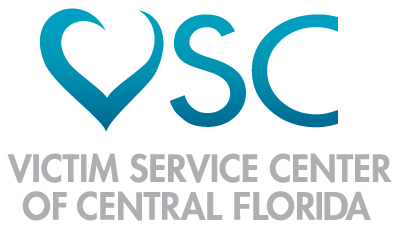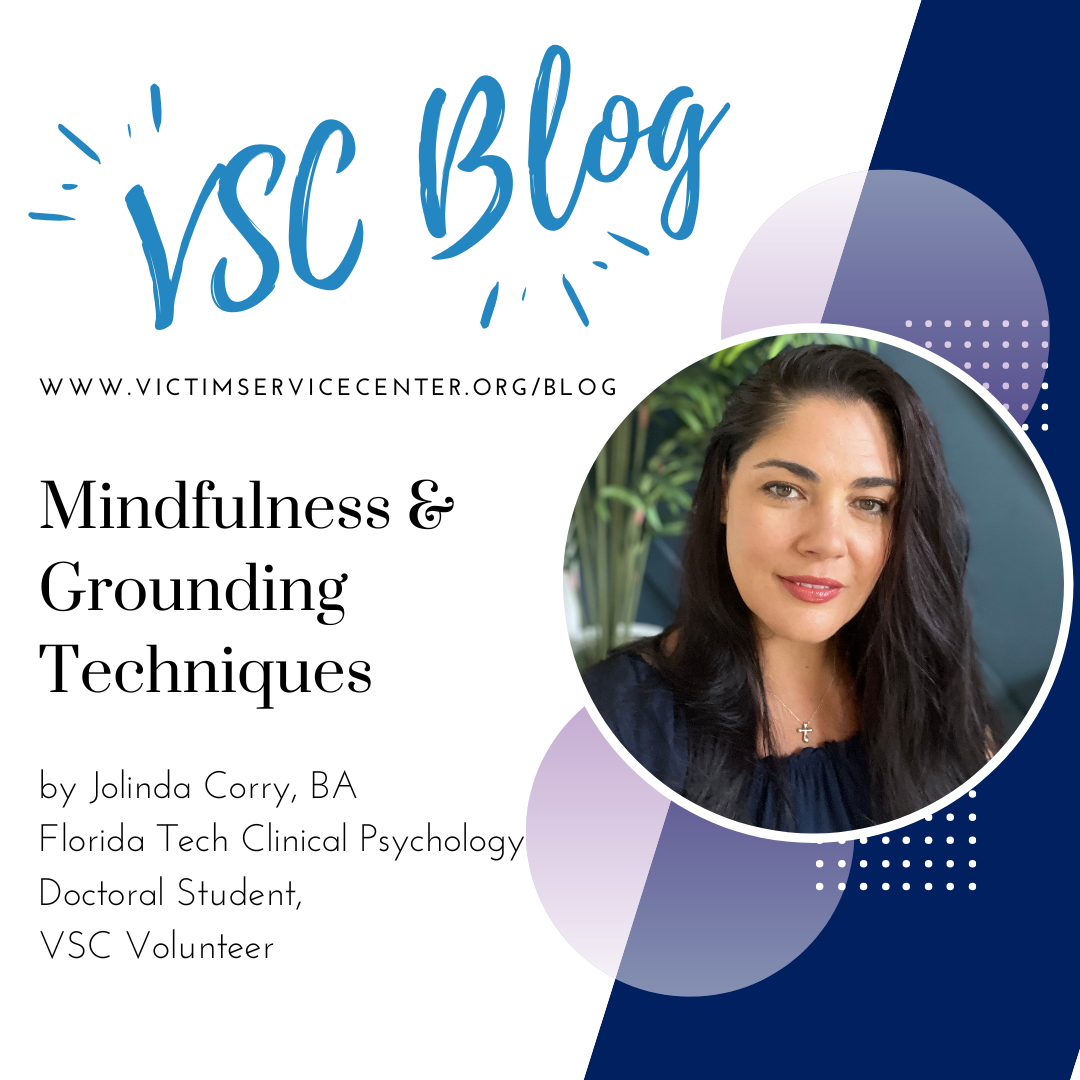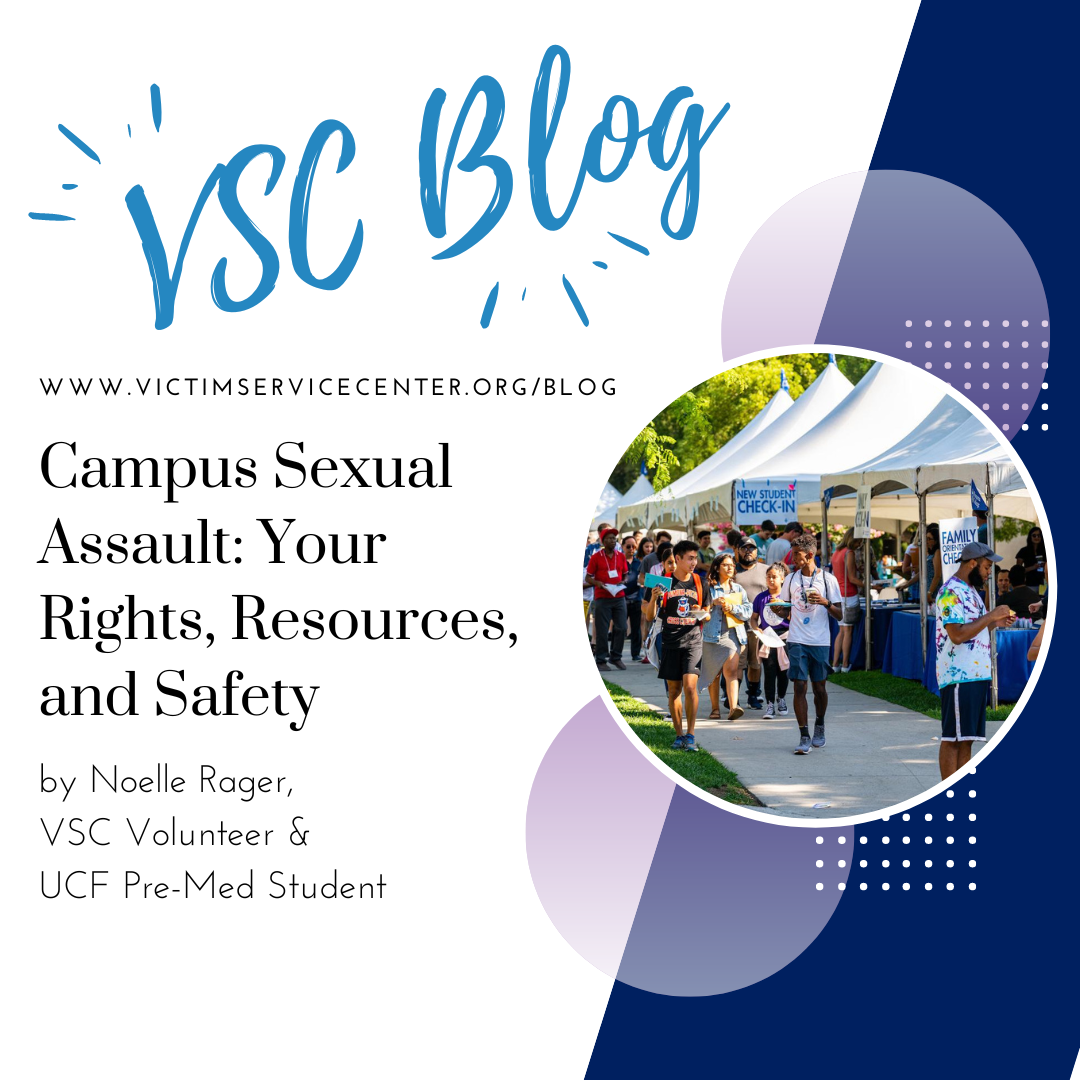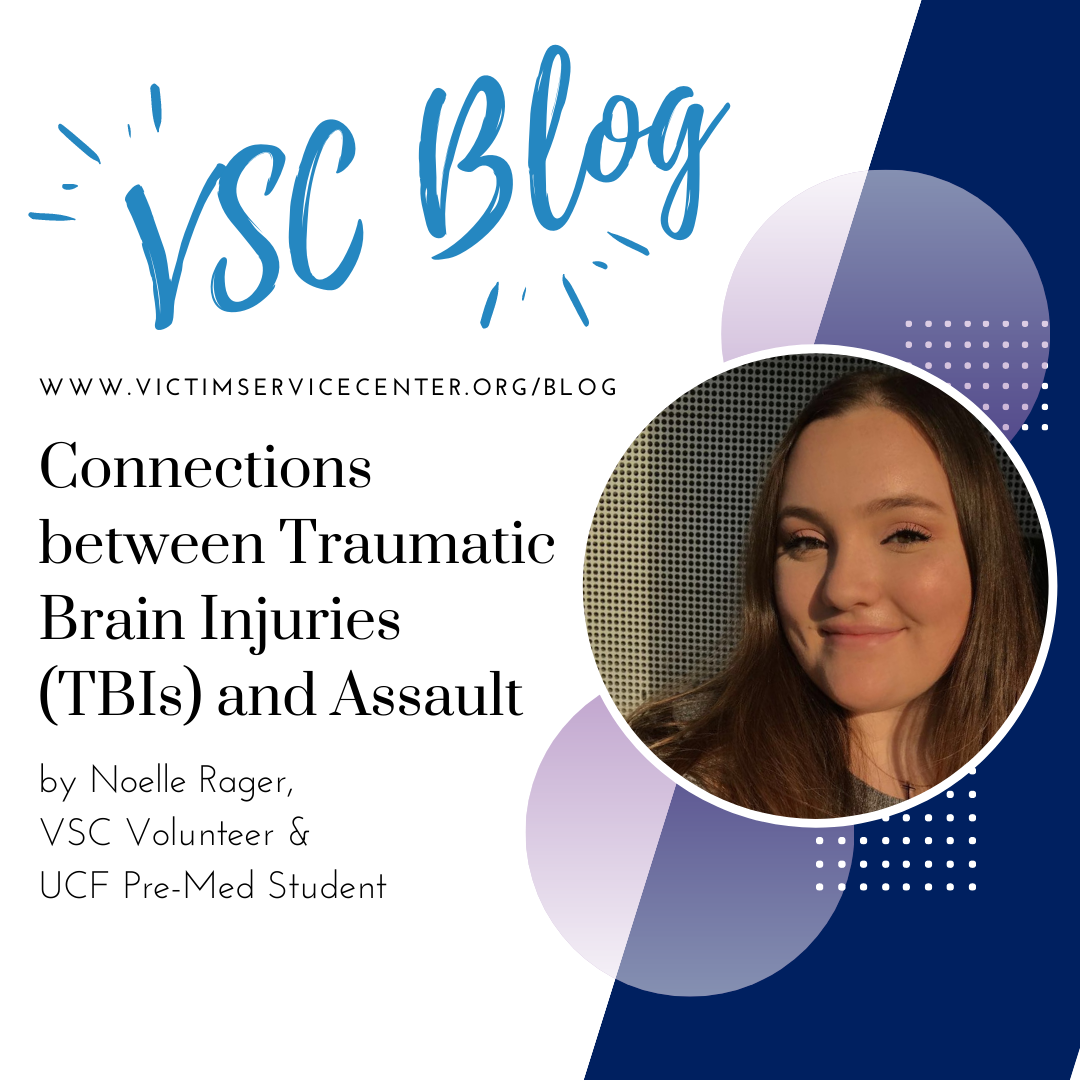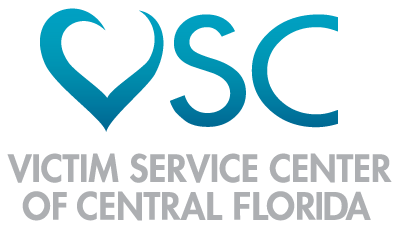by Charniqua Snell, MT-BC – Rollins College Clinical Mental Health Counseling Graduate Student

As a music therapist, I see the power that music can have on a person’s well-being every day. Music is a universal concept that connects and empowers anyone no matter one’s age, culture, race, or religion. Music can elicit memories – positive and challenging. It encourages movement and interactions with our bodies, and is a safe and non-threatening way to release aggression. Music can even evoke powerful emotions that sometimes cannot be explained with the right words. When used correctly and with care, music, rhythm, lyrics, and sound may help someone face and eventually heal from a traumatic experience in their lives.
What is Music Therapy
Music therapy is a clinical and evidence-based treatment to help people of all ages identify and accomplish individualized goals. Goals can be physical, emotional, cognitive and/or social and are treated with structured music interventions by a trained and certified professional. Sessions can be individual or in groups.
How is it Helpful for healing trauma?
While music therapy cannot change the problem or situation, it can be a vehicle to inner and interpersonal change. A few outcomes and goals of a music therapy session could be learning and practicing:
- Coping skills
- Identifying emotions (in themselves and others)
- Regulating emotions
- Relaxation techniques
- Nonverbal forms of expression
- Grounding techniques
- Social skills to facilitate appropriate intimacy and support
Music therapist can use a range of interventions and exercises to help facilitate whatever outcome the client may need. All exercises are adapted to help the client succeed at their creative and functioning level such as:
- Songwriting
- Instrument playing (for example, drum circles and learning an instrument)
- Integrating art and movement with music
By collaborating with a music therapist, a client healing from trauma can eventually see increased feelings of self-worth, feel empowerment in their healing journey, find more control over emotions and behaviors, and even experience lower physiological symptoms like lower blood pressure and heart rate.
With trauma, it may be hard to put into words what one may be feeling or even what happened. There is not one right way to recover from trauma, and each journey is a unique one. But music therapy may be a unique route on your journey to heal and find yourself again.
Resources
Learn more from Charniqua about music therapy by listening to her on the VSC Podcast here: https://www.youtube.com/watch?v=MGLGM4m9UBw
American Music Therapy Association: https://www.musictherapy.org/
Music Therapy and Trauma: https://www.musictherapy.org/assets/1/7/MT_Crisis_2006.pdf
https://www.youtube.com/watch?v=z2vRub3SGFY – the music therapist talks of a technique used to ground an individual and bringing them to the present moment
https://www.youtube.com/watch?v=vf0bdchGTQo – the client is a cancer patient but the technique of songwriting can be a powerful tool to express emotions no matter what diagnosis or background a client has. This technique could also be used if working with sexual assault survivors.
https://www.youtube.com/watch?v=jAkfEU0O8E4 – a music therapist talks about self-care and does a music analysis intervention enforcing the idea of selfcare. Music analysis can be helpful when talking about a mental health topic and making it personal for the client. Usually the intervention is longer and collaborative with the client but this video is a short way of explaining how it would work.
VSC is here for you
If you have experienced trauma or a victimization from violent crime or sexual assault, VSC is here for you. Call our offices to make an initial appointment and/or learn about our support groups (407) 254-9415. Our 24/7 crisis helpline is also available to connect you to a crisis counselor for immediate emotional support (407) 500-HEAL.
